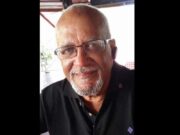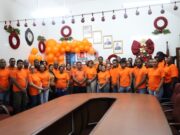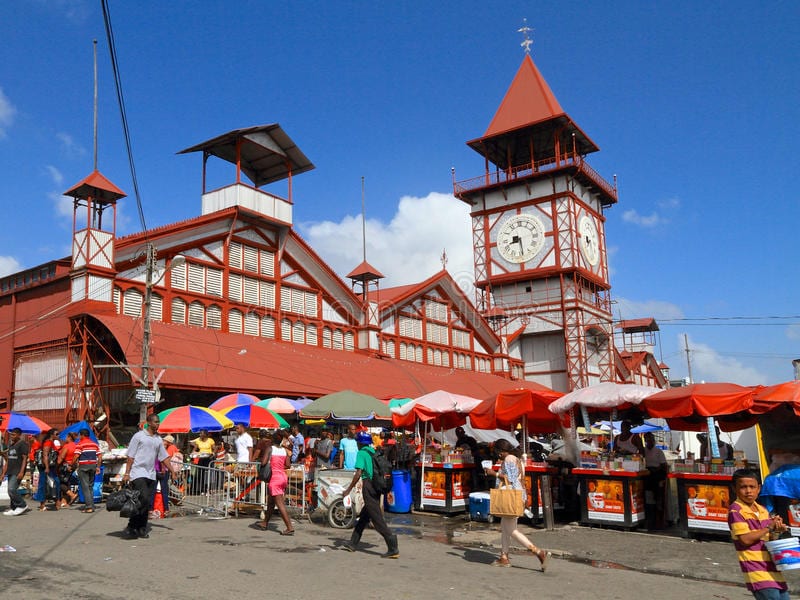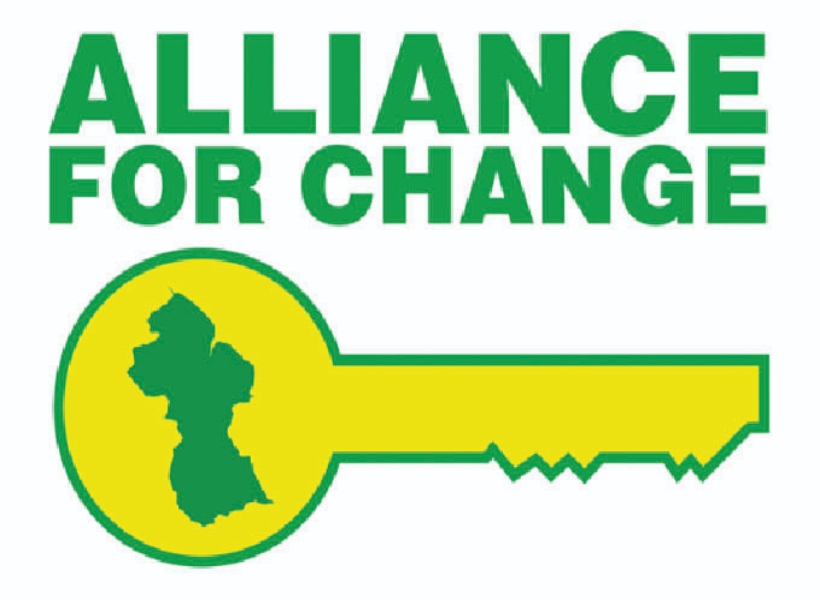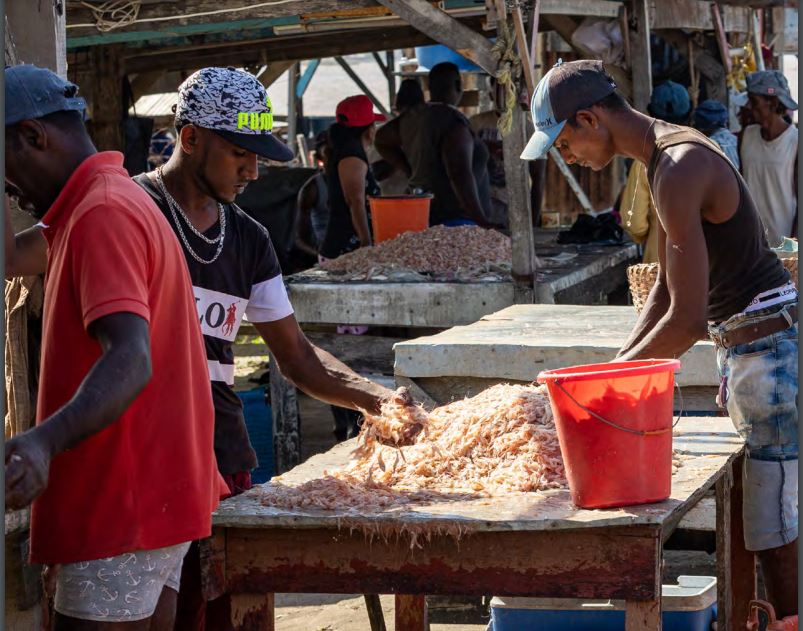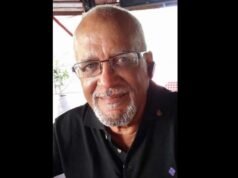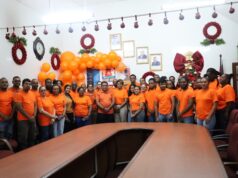The Guyana National Fisherfolk Organisation (GNFO) is throwing its support behind the development of an Occupational Health and Safety (OSH) strategy for the country’s seabob sector. This was revealed in a release published by the Food and Agriculture Organization (FAO) of the United Nations as it spoke of its FISH4ACP programme, which is aimed at making fisheries and aquaculture value chains more sustainable in Africa, the Caribbean, and the Pacific.
The GNFO’s Chairman, Pamashwar Jainarine stated that “The GNFO is in full support of the development of an Occupational Health and Safety strategy for the seabob sector. This strategy will help the industry to meet national and international standards and also benefit the fishers who ply their trade in tough conditions by providing them with better awareness on health and safety at work and at the landing sites.”
Meanwhile, the FAO has noted that the seabob sector is a vital part of Guyana’s fishing industry, as the country is the world’s largest producer of Atlantic Seabob, a commercially valuable shrimp that is harvested by trawlers and artisanal fishers. However, the fishing industry is considered one of the most hazardous occupations globally, and the OSH strategy for the seabob sector will help improve the well-being of workers and operational safety and health standards while building long-term sustainability and resilience.
Further, the organization noted that the OSH strategy will be developed by key stakeholders, including the Fisheries Department, the Guyana Association of Trawler Owners and Seafood Processors (GATOSP), and the GNFO, and will strengthen risk assessment and risk management practices along the seabob value chain. Trawler captains and crews, dock/transport workers, and seafood processing workers and managers will also be trained on safety and health measures, and artisanal seabob fishers will receive training through the fisherfolk cooperatives on OSH and risk assessment to improve their lives at sea and on land.
The GATOSP’s President, Mr. Reuben Charles, has noted that “We the members of GATOSP welcome this initiative of the FAO FISH4ACP Project, as it will assist with the development of the OSH strategy for the seabob sector. This will ensure that the revised policy meets not only the MSC certification process but also help them to meet the Ministries of Health and Labour OSH requirements.”
The FAO was keen to note that the industry-led strategy’s comprehensive process, which involves consultations, development, training, finalization, testing, and endorsement for implementation, is anticipated to be completed within 18 months. The completed OSH strategy will then be fully handed over to the seabob industry, enabling them to operate safely, adhere to national and international standards, and ultimately improve the health and safety conditions of the workers in the sector.
